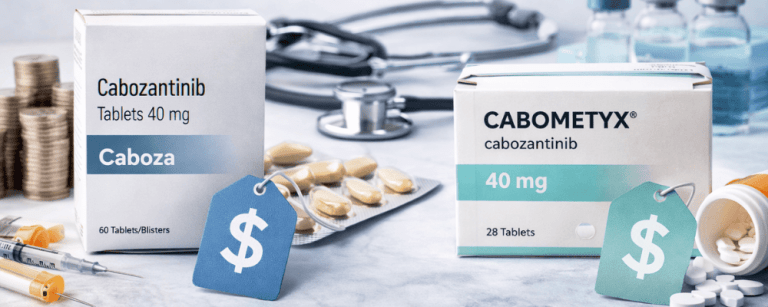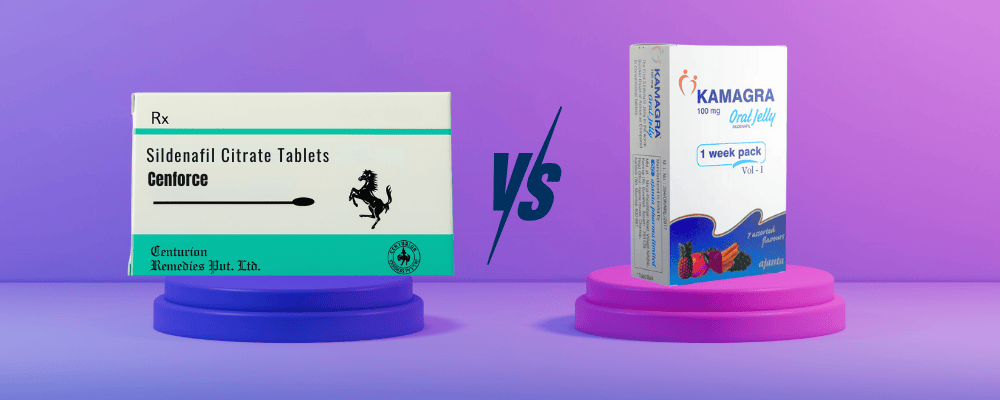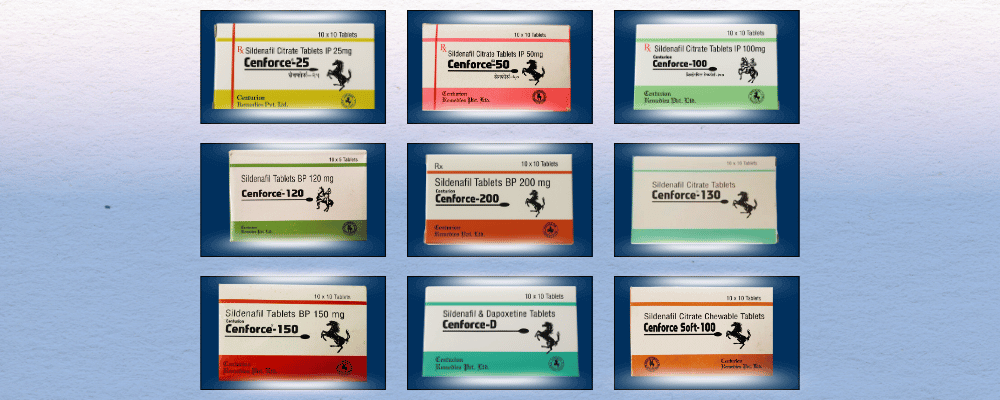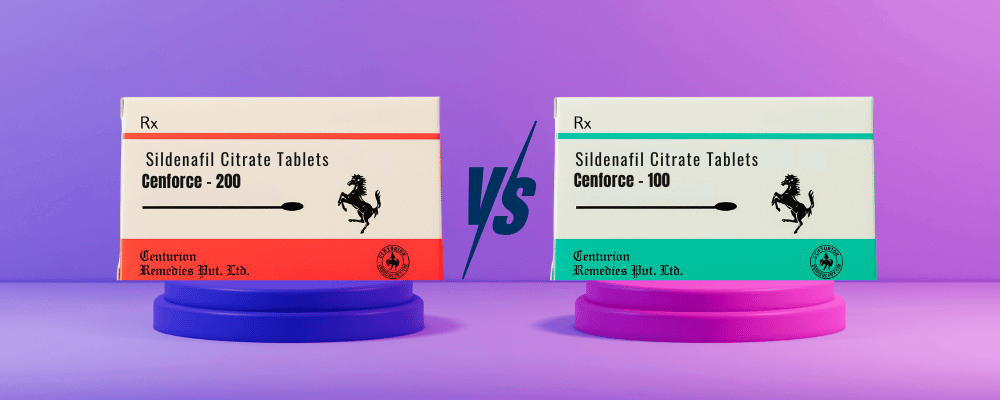This drug is available in generic and FDA-approved brand versions that doctors prescribe as cancer medications.
- Cabometyx – Used for renal cell carcinoma and hepatocellular carcinoma. It is available in tablet form, making it convenient for patients who require this medication.
- Cometriq – This treats medullary thyroid cancer specifically. Unlike Cabometyx, Cometriq is available only in capsule form and is approved only for use in this form.
Both versions share the same active ingredient but differ in form, cost, availability, and insurance coverage. This detailed breakdown explains the main differences between generic and branded Cabozantinib. We focus on two vital factors: cost-effectiveness and treatment efficacy.
What Is Cabozantinib?
- Renal Cell Carcinoma (RCC) is a type of kidney cancer.
- Liver cancer (hepatocellular carcinoma).
- Thyroid cancer (medullary thyroid carcinoma).
Generic Cabozantinib is available as tablets such as Kabonib 60 mg Tablets, Cabometyx 40 mg, and Cabometyx 60 mg, or as capsules under the name Cometriq.
- VEGFR2 (vascular endothelial growth factor receptor 2)
- MET (hepatocyte growth factor receptor)
- AXL
- RET
- KIT
Available dosage forms include:
| Strength | Typical Usage |
| 60mg | Starting dose |
| 40mg | Dose reduction |
| 20mg | Further adjustment |
What Is Cabometyx?
- Treating advanced renal cell carcinoma (RCC).
- Treating liver cancer in people who have already tried other treatments.
- Helping people with medullary thyroid cancer.
Generic Cabozantinib vs. Cabometyx
- Generic Cabozantinib Cost: Generic medications are usually much cheaper than brand-name drugs because they don’t involve the same research and marketing expenses.
- Cabometyx Price: Cabometyx, being a brand-name drug, is more expensive. However, some insurance plans may partially cover the cost.
- The FDA sets strict rules to ensure generic versions of cabozantinib deliver the same benefits as branded versions.
Generic Cabozantinib vs. Brand Cabozantinib: Understanding the Cost Difference
- A common reason brand-name products like Cabometyx are costly is that the company has invested in research, development, and marketing to create the product.
- The generic counterpart, on the other hand, is a fraction of the cost as it is released after the patent has expired.
- Other drug makers produce generics that have the same registered active ingredient as the branded drug, Cabozantinib, and thus have similar effects.
- This means a tablet could cost $250 to $350, but the generic tablet would be reasonable, say $100, and $50 or less in some other locations, which translates to a cost reduction of around 30% to 50%.
- The apparent price gap makes the generic appealing to many uninsured people and to those without full coverage for expensive brand-name medications.
FDA Requirements for Generic Efficacy and Safety
- Similar active ingredient concentration
- The same strength and dosage form
- Equal safety and effectiveness standards
- Equivalent manufacturing quality standards
- Consistent batch testing protocols
Addressing Common Misconceptions
| Aspect | Generic Requirements | Brand Requirements |
| Active Ingredient | Similar | Standard |
| Manufacturing | FDA GMP Standards | FDA GMP Standards |
| Clinical Benefit | Same as Brand | Baseline |
| Quality Testing | Ongoing | Ongoing |
- Generic Cabozantinib is more widely available in many regions and may be easier to access. Cabometyx is a trusted brand, but it might be harder to find in some areas due to high demand or limited supply.
Side Effects :
Cabometyx and generic Cabozantinib share the same active molecule, cabozantinib, which is likely to have the same side effects.
- Diarrhea
- Fatigue
- Nausea and vomiting
- High blood pressure
- Hand-foot syndrome (redness or swelling of hands and feet)
How to Choose Between Generic Cabozantinib and Cabometyx
Choosing between the generic and the brand version depends on a few factors:
- Cost: If you’re on a budget, the generic version of Cabozantinib might be the better choice.
- Doctor’s Advice: Some doctors may recommend Cabometyx due to its established reputation.
- Insurance Coverage: Check with your insurance to see which option they will cover more.
- Availability: In some cases, the generic might be easier to get.
Common FAQ’S
1. What is Cabometyx used for?
2. How much does Cabometyx cost?
3. Are Cabometyx and generic Cabozantinib equally effective?
4. What are the side effects of Cabometyx?
5. Why is Cabometyx more expensive than generic Cabozantinib?
Conclusion
Both Cabometyx and generic Cabozantinib are effective cancer treatments. The most significant difference is their price. The generic option is cheaper and just as effective, while Cabometyx has the added benefit of being a well-known brand. Talk to your doctor about which option is best for your treatment.
Remember, this blog is for informational purposes only and should not be considered a substitute for professional medical advice. Always consult your healthcare provider before making any changes to your treatment.






